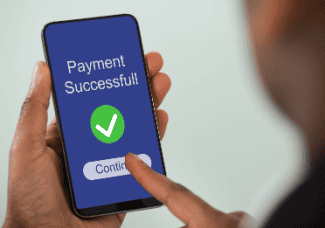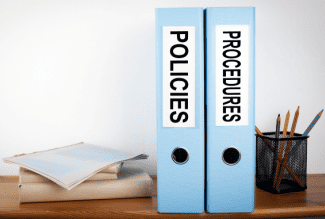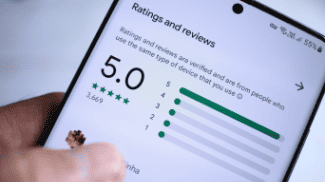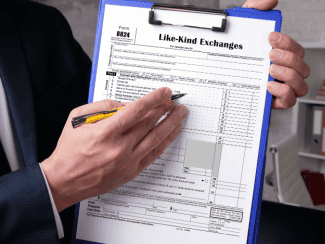Is Renting Forever That Bad? The Rarely Discussed Benefits of Not Buying a Home
If buying a home is a goal you’ve been working toward, it’s easy to get discouraged these days.
The current housing market is not exactly welcoming, with interest rates hitting highs not seen in two decades and median home list prices that remain stubbornly expensive.
But here’s a radical idea for buyers getting priced out of the market: What if you just rent forever? Is that a valid option?
It might be—especially if you’re doing it to save money that you will invest elsewhere.
If you are weighing whether to rent or buy, here’s what some people do with their housing nest eggs and the top reasons to keep renting.
The investment strategy

“If people are earning excellent returns on their invested money, they have the opportunity to earn a far superior amount on money that would otherwise be tied up as dead equity inside a home,” says Kevin Ross, financial adviser at Cape Securities.
The fact is, the cost analysis of homeownership depends on many external factors you can’t control and might not even be able to foresee.
Case in point: Florida homeowners did not expect the recent triple whammy of higher property taxes, skyrocketing insurance costs, and higher homeowners association fees and maintenance assessments.
Bottom line: Buying a home comes with financial rewards and a fair amount of risk. If you want to forgo buying a home for now, here are the other top reasons some people remain renters.
1. You’re not in debt for 30 years
When you purchase a home, your money is pretty much locked up for years. And if you take out a mortgage, you incur added debt beyond the purchase price in the form of the mortgage interest you’ll shell out over the years.
This means you pay far more than just the purchase price of a home.
For example, if you purchase a $380,000 home at an interest rate of 7.5%, you will pay close to $461,000 in interest alone for a 30-year loan, assuming the typical 20% down payment. (Yes, you read that amount correctly.)
“Renting eliminates the need to commit to a long-term mortgage, which typically spans 30 years,” says Taylor Kovar, CEO of Kovar Wealth Management. “This can offer financial flexibility and reduce the burden of a large debt.”
2. You have no risks tied to market instability
Mortgage interest rates go up and down, as do home prices, home inventory, and foreclosure rates. In short, the housing market is affected by multiple variables that are out of your control.
And that instability can be volatile to someone with all their money tied up in their house. Renters don’t have to worry about this.
“Renters are not directly affected by housing market instabilities, such as declining property values or housing market crashes, which can impact homeowners significantly,” says Kovar.
3. You are not dependent on a property’s value
If you’ve ever idly perused homes for sale, you can’t help but be aware of property value reports. According to a recent report by Realtor.com®, home prices are expected to fall in 2024.
If you buy now and home values fall, you could end up underwater on your loan.
“Renters don’t have to worry about the appreciation or depreciation of property value,” says Kovar, “which can be a significant concern for homeowners, especially in volatile markets.”
4. You don’t have to worry about home maintenance
In addition to the price of purchasing a home and the interest on a loan, renters can ignore costs like roof and window replacement, plumbing and electrical upgrades, and repairs to essential mechanicals like your HVAC system.
“Renters are immunized from major repairs since it’s the property owner’s responsibility,” says Ross.
Other homeowner costs can include the following:
- HOA and condo fees and assessments
- Homeowners insurance
- Property taxes
- Private mortgage insurance
When you own your home, you are constantly laying out money. It’s possible that your property might not appreciate enough to offset these expenses.
Need a Lease Agreement?
Access 150+ state-specific legal landlord forms, including a lease.
5. You are not tied down
Renting your home also offers more flexibility than owning—should you need to move at some point.
Most rental leases are for one to two years. You can even break your lease early in certain circumstances or get someone to sublet from you.
“Renting offers the flexibility to move for job opportunities or personal reasons without the hassle of selling a property, which can be a lengthy and uncertain process,” says Kovar.
The downsides of renting
Of course, renting comes with its own set of negatives.
“Renters often have limited ability to modify or upgrade their living space, which can impact the quality of life and personalization of the home,” says Kovar.
In addition, there’s no guarantee of cost stability when renting. And you miss out on tax deductions.
“A renter will perpetually be paying rent, which will typically increase year over year,” says Ross. “Additionally, the mortgage interest deduction is one of the most substantial tax deductions available.”
Finally, Kovar adds that renters miss out on the chance to build equity, a primary way to build generational wealth.
Source: Realtor.com















 Accessibility
Accessibility